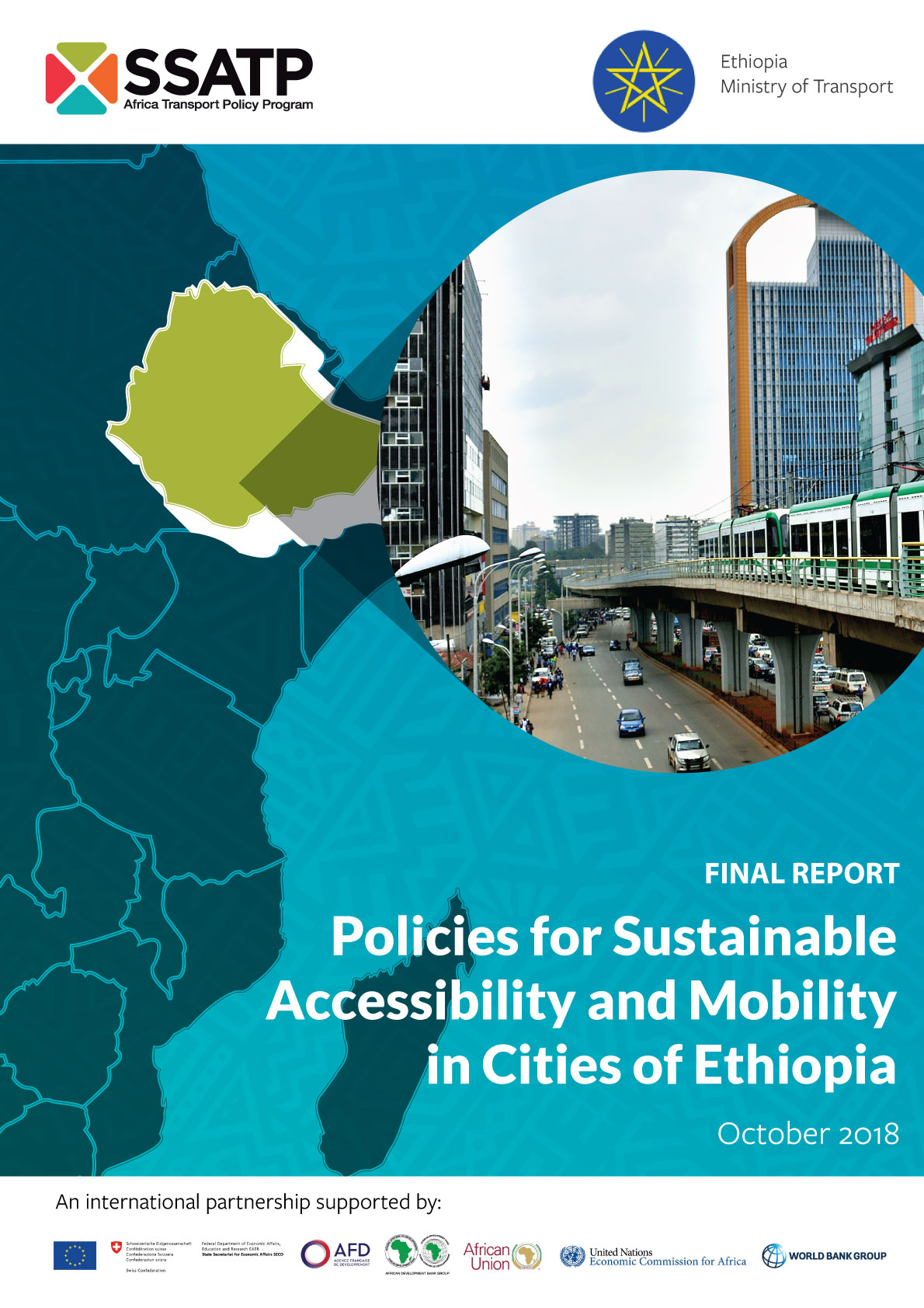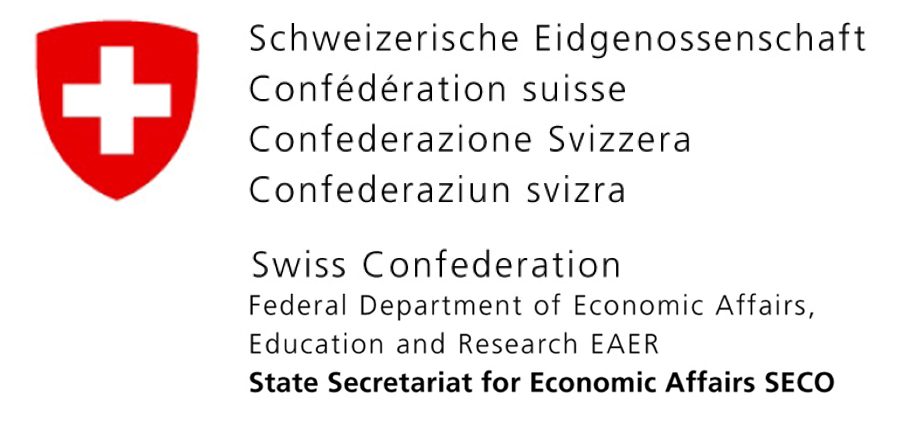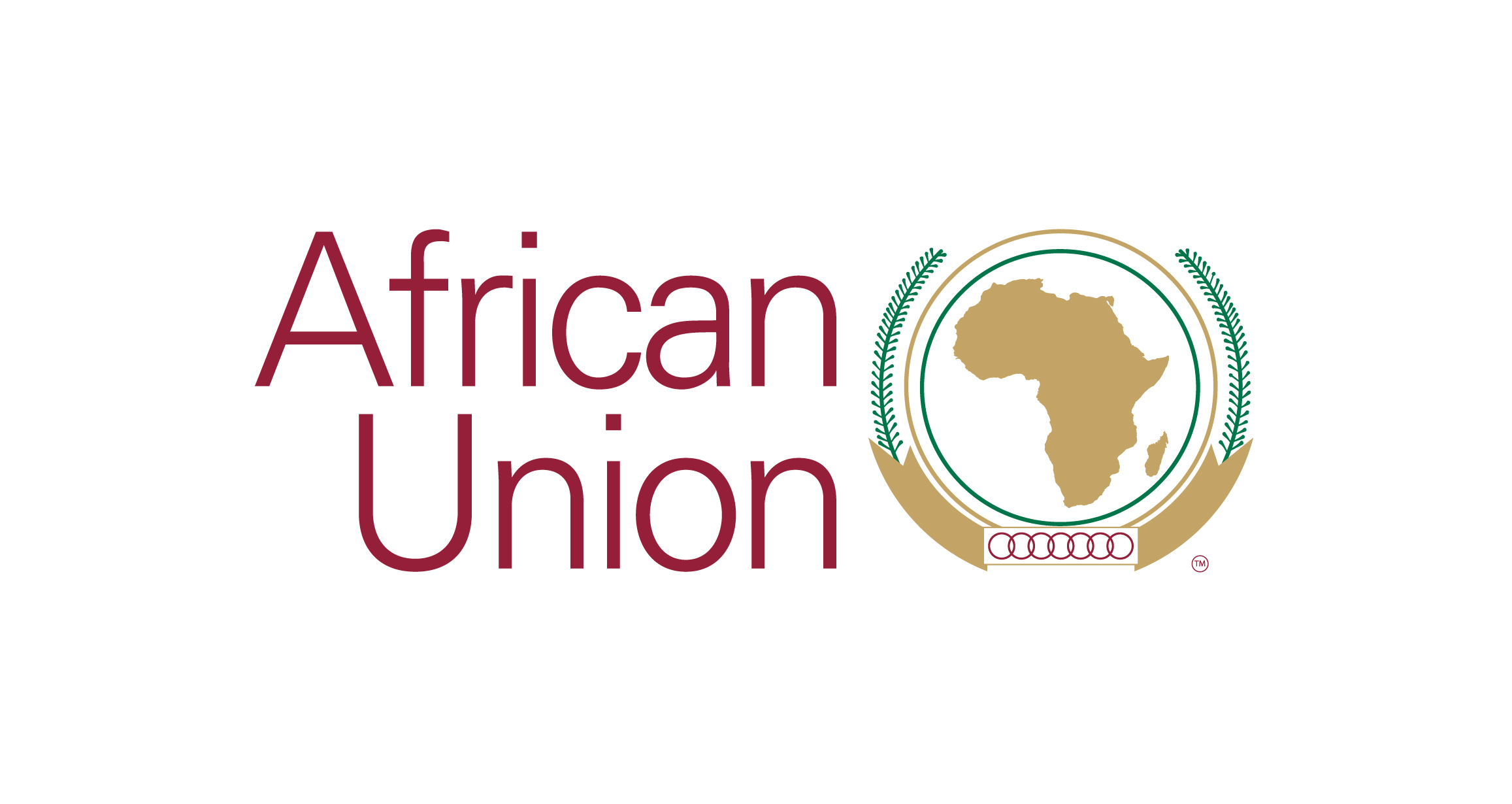Policies for Sustainable Accessibility and Mobility in Cities of Ethiopia - Policy & Strategy Paper

Within the framework of its urban transport pillar, the Africa Transport Policy Program (SSATP) launched an activity in eight pilot countries (Côte d’Ivoire, Ethiopia, Guinea, Ghana, Kenya, Nigeria, Rwanda, and Senegal) to support the development of policies to improve accessibility and mobility in the urban areas of Africa. Six thematic areas were considered priorities: (i) strengthening the institutional framework for urban transport management, (ii) creating funding sources dedicated to the management of urban transport, (iii) promoting the effective participation of civil society in urban transport management, (iv) improving multi-modal planning and operation of city centers, (v) improving the performance of public transport (in particular the reform of paratransit services), and (vi) organizing and implementing National Government assistance for the management of urban transport in secondary cities.
In Ethiopia, this work was conducted in close partnership with the Federal Ministry of Transport (MoT) and benefited from the strong involvement of the Road and Transport Bureau of the Addis Ababa City Government (AARTB). A diagnostic for each of the six above priority areas helped in identifying the most pertinent recommendations to be proposed for Ethiopian cities. These recommendations were widely discussed on May 29-30. 2018 as part of the Urban Mobility Forum organized under the auspices of the Ministry of Infrastructure.
This report proposes a series of recommendations for addressing the main challenges in the urban areas of Ethiopia. Improving urban accessibility and mobility is a complex task, and these recommendations are aimed at mobilizing all stakeholders around them.







